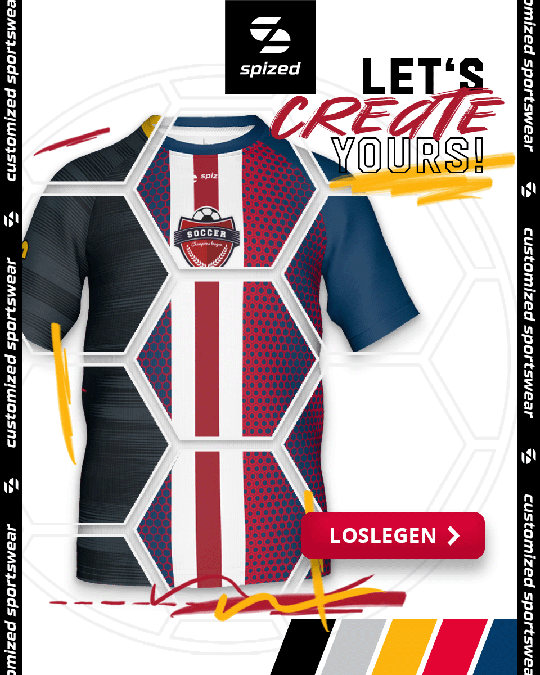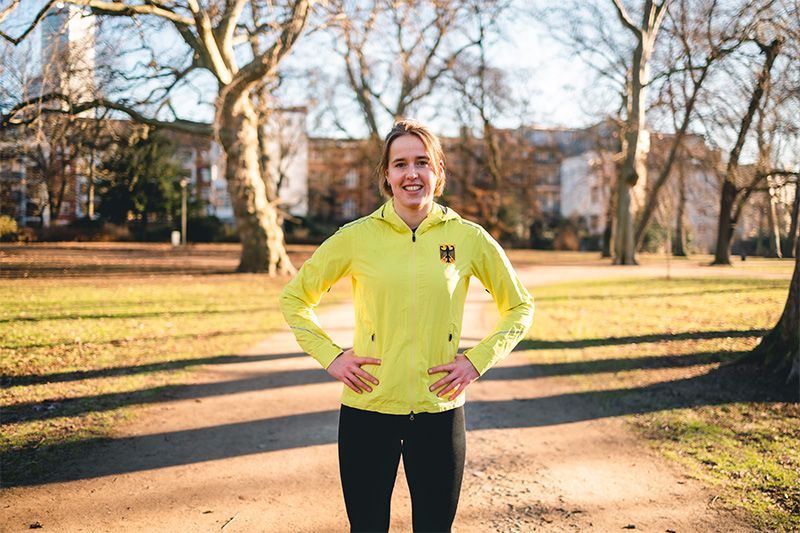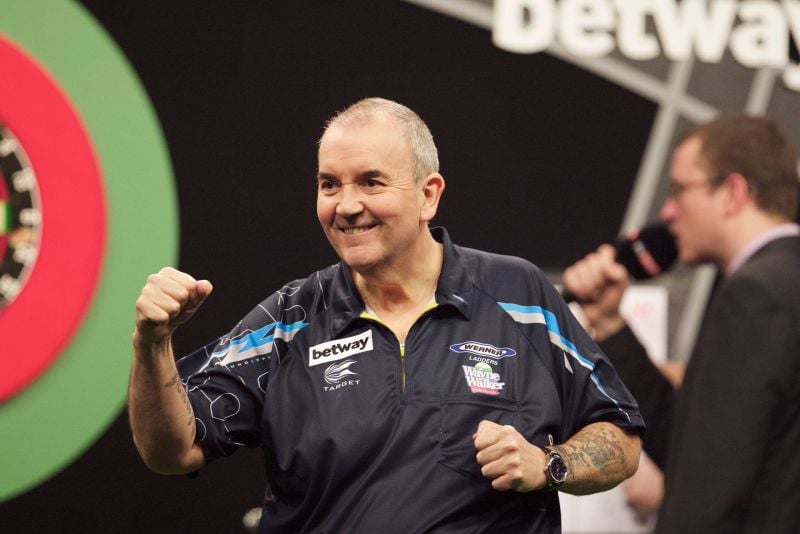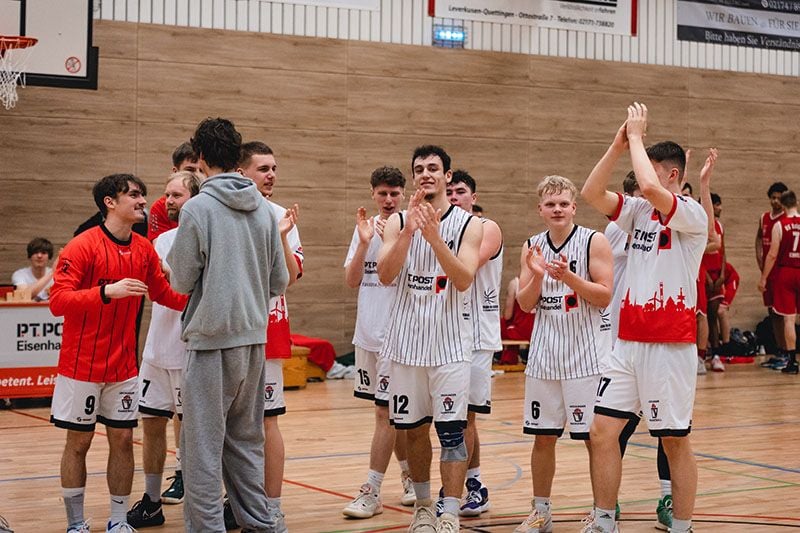Do you need input for your training camp? Too many options? Sports school? Youth hostel? Your own house? At home or abroad?
Here are some concrete suggestions and helpful links:
There are youth hostels all over the country. They are relatively inexpensive and are suitable for large groups. It is therefore worth taking a look at the youth hostel websites. On the website of the German Youth Hostels you can search for special offers for sports groups.
It also makes sense to look for sports schools or sports schools in the various federal states. Due to their orientation, they naturally have good training facilities and suitable training rooms. The Kaiserau sports centre, for example, has hosted many Bundesliga football clubs as well as the German national teams in football, handball and basketball. Here you can find a list of the sports schools and sports hotels within the various DFB associations.
The German Handball Federation opened its handball performance centre at the Euroville Youth and Sports Hotel in Saxony-Anhalt in 2018. However, other athletes also find training opportunities there.
The websites Soccatours and Trainingslager.com offer training camps for footballers in Germany and Europe
On Trainingslager.com there is a clearly organised training camp search where you can filter by region, budget and facilities (e.g. sauna, swimming pool).
The website sport-trainingslager.de offers training camps for various sports such as tennis, hockey, dancing and swimming, but of course also the major ball sports. DTF-Sports and Teamurlaub.com offer a similar variety.
For a large group, it can make sense to book a self-catering holiday home. However, this makes the rest of the organisation much more independent. For example, you will have to organise the food and training venues yourselves. As a volleyball team, it may make sense to check in advance not only whether there is a hall nearby, but perhaps also an outdoor beach area.















































































